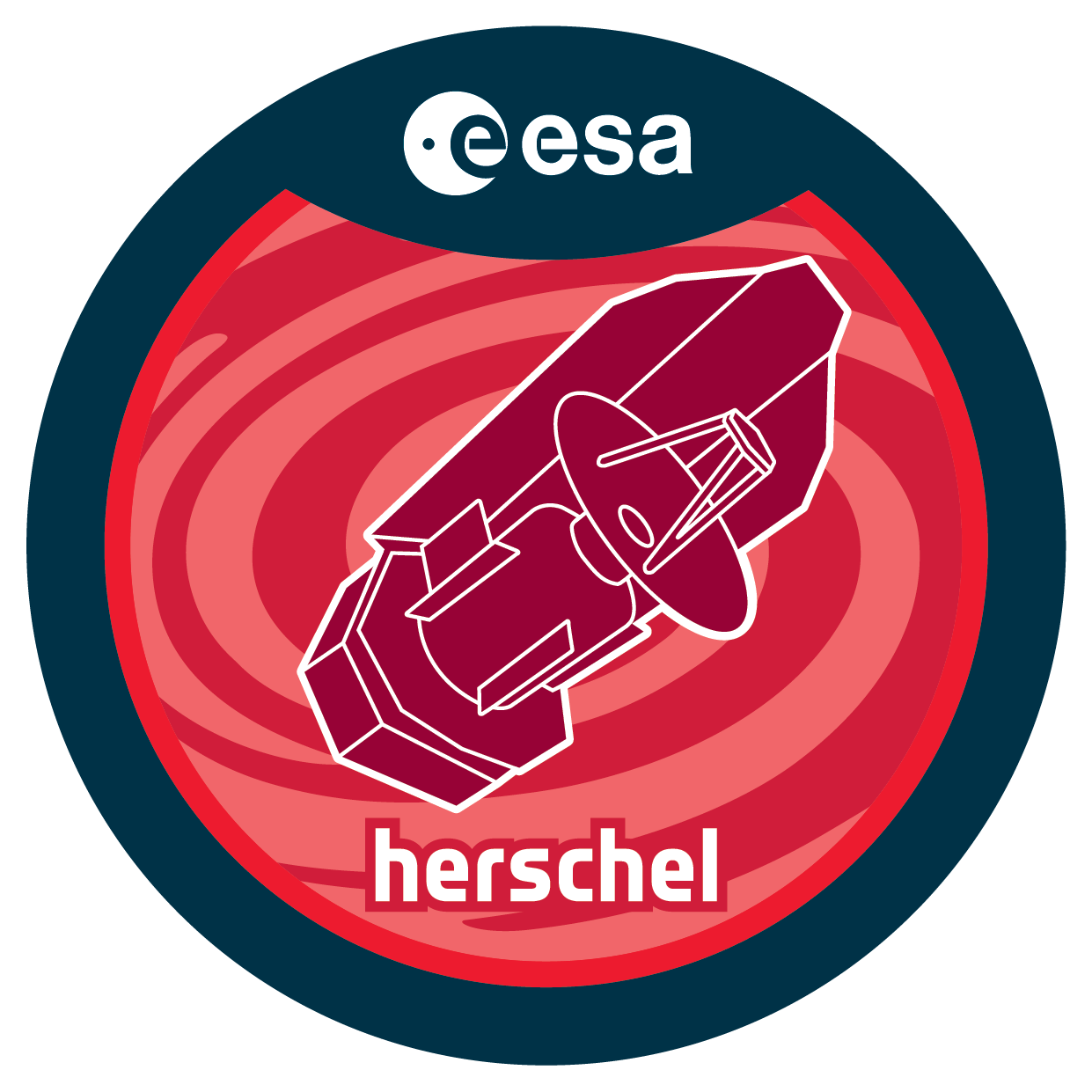

| Name | AOTVAL_bdent_2 |
| Title | Gas in Protoplanetary Systems. (GASPS) |
| URL | http://archives.esac.esa.int/hsa/whsa-tap-server/data?retrieval_type=OBSERVATION&observation_id=1342183650&instrument_name=PACS&product_level=LEVEL0&compress=true |
| DOI | https://doi.org/10.5270/esa-c9gorqz |
| Author | dent, b. |
| Description | We propose the first extensive, systematic survey of gas incircumstellar disks over the critical transition from gas-richprotoplanetary through to gas-poor debris system. The brightestspectral lines from disks lie in the far-infrared and arise fromradii ~10-500 AU, where giant planets are expected to form.Herschel is uniquely able to observe this wavelength regime withthe sensitivity to allow a large scale survey.We will carry out a 2-phase PACS study, surveying the finestructure lines of CII157um and OI63um in 274 objects,and following up the brightest sources with observations ofH2O and OI145um. The gas mass sensitivity, a few 1e-5 Msun,will be more than an order of magnitude lower than achieved byISO and Spitzer and expected for SOFIA. We will also measurethe dust continuum to an equivalent mass sensitivity. Teammembers include experts in the modeling of disk structure,chemistry, and radiative transfer necessary to interpret thesedata.We will observe nearby clusters in the age range 1-30Myr,encompassing disk masses 1e-2 - 1e-5 Msun, and stellarluminosity 1-100 Lsun. This covers the dominant epoch of planet formation and the mass from protoplanetary throughto young debris disk. Furthermore our sample is chosen toinclude a wide range of X-ray & UV flux, and SED shape, fromclassical SED Class II, through transition disks with inner dustholes, to disks with small IR excesses. With this extensivedataset, our program will:- Trace gas and dust in the planet formation region across anextensive multivariate parameter space- Provide the first definitive measurement of the gas dissipationtimescale in disks- Study the evolutionary link between protoplanetary and debrisdisks- Investigate the extent and evolution of warm H2O in theplanet-forming regions of disks, with implications for thevolatile content of developing planets- Provide an extensive database of disk observations andmodels with long-lasting legacy value for followup observations |
| Publication |
|
| Instrument | PACS_PacsPhoto_point |
| Temporal Coverage | 2009-09-11T15:28:21Z/2009-09-11T18:19:31Z |
| Version | SPG v14.2.0 |
| Mission Description | Herschel was launched on 14 May 2009! It is the fourth cornerstone mission in the ESA science programme. With a 3.5 m Cassegrain telescope it is the largest space telescope ever launched. It is performing photometry and spectroscopy in approximately the 55-671 µm range, bridging the gap between earlier infrared space missions and groundbased facilities. |
| Creator Contact | https://support.cosmos.esa.int/h®erschel/ |
| Date Published | 2009-10-21T00:00:00Z |
| Last Update | 2025-01-24 |
| Keywords | Herschel, HSC, submillimetre, far-infrared, HIFI, PACS, SPIRE |
| Publisher And Registrant | European Space Agency |
| Credit Guidelines | European Space Agency, dent et al., 2009, 'Gas in Protoplanetary Systems. (GASPS)', SPG v14.2.0, European Space Agency, https://doi.org/10.5270/esa-c9gorqz |